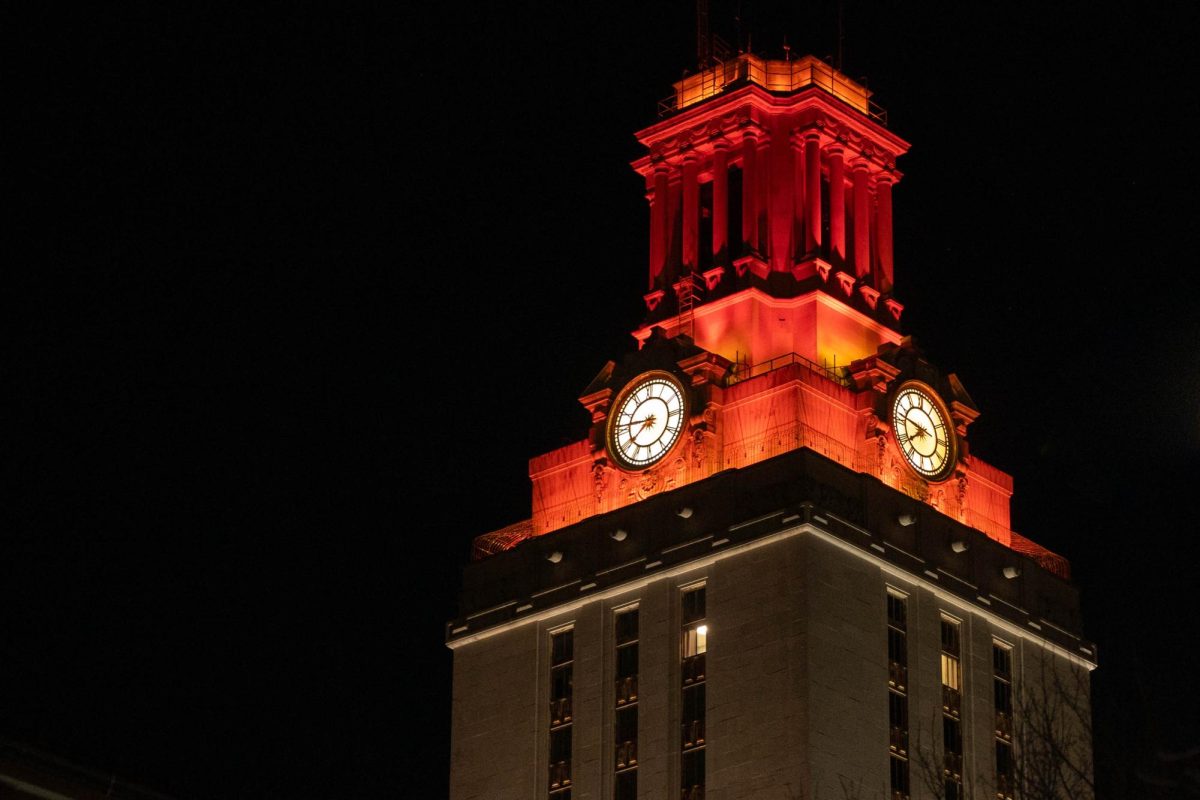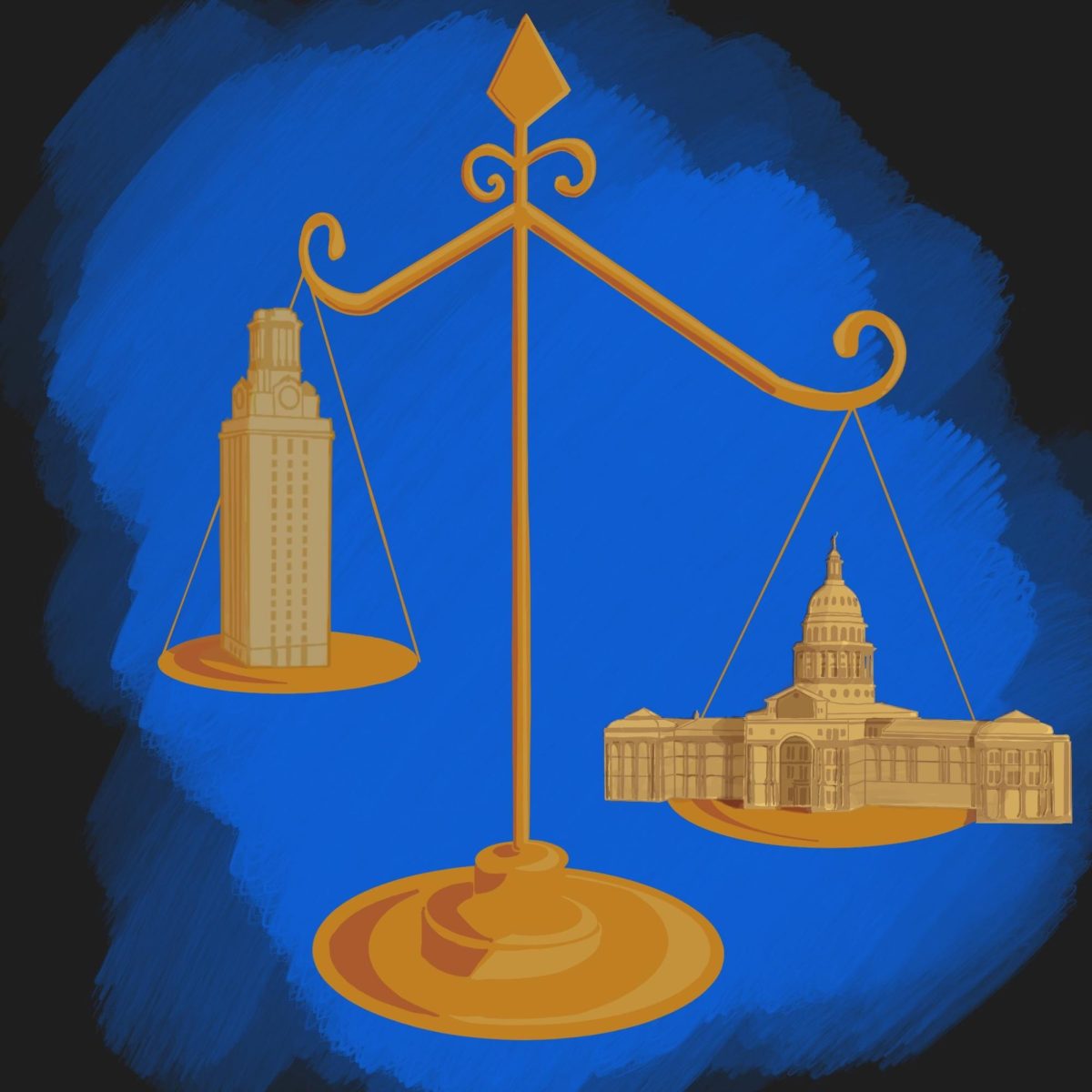A U.S. district judge determined parts of the state’s most recent abortion restriction bill unconstitutional Monday.
U.S. District Judge Lee Yeakel partially granted a preliminary injunction filed by Planned Parenthood against Texas House Bill No. 2. The bill, which calls for strengthened regulations on abortion, is set to go into effect Tuesday, except for the requirement struck down by Yeakel’s decision, which states doctors performing abortions are required to seek admitting privileges from nearby hospitals.
The bill has been the subject of significant controversy since before its passage in July, when it prompted a 13-hour filibuster by then-state Sen. Wendy Davis, D-Fort Worth, who was attempting to block its passage. The bill also resulted in protests and counter-protests at the Capitol.
Yeakel’s opinion stated the bill’s admitting-privileges requirement is a hindrance to women seeking abortions because it “impose[s] an undue burden on patients.” Additionally, Yeakel concluded the bill’s restrictions on medication-induced abortion do not place such a burden on patients unless a doctor deems it necessary for the life or health of the mother. The bill did recognize the higher dosage, off-label use of abortion drugs is completely safe.
UT sociology professor Joseph Potter, who conducted research used by Planned Parenthood in its preliminary conjunction, said he was glad the admitting privileges requirement of the bill was struck down. In his research, Potter concluded the previous requirement would adversely affect roughly 22,000 women in the state who would no longer be able to get the abortions they sought.
“I am of course pleased that the admitting privileges requirement was struck down, as it would have led to the immediate loss of services in a great many places around the state,” Potter said.
Lauren Bean, spokeswoman for the Texas Attorney General’s Office, said Texas has already appealed the court’s ruling in the U.S. Fifth Circuit Court of Appeals.
“The court upheld part of the law and enjoined part of the law,” Bean said. “As everyone — including the trial court judge — has acknowledged, this is a matter that will ultimately be resolved by the appellate courts or the U.S. Supreme Court.”
Savanna Faulkner, president of Texas Students for Life, an anti-abortion organization at UT, said that she wasn’t expecting the bill’s restrictions to be stricken down by the court.
“I’m really shocked that parts of the bill were deemed unconstitutional,” Faulkner said. “I know that we will be able to appeal it in the Fifth Circuit Court of Appeals. The bill made higher standards for women and their doctors, so it would be helpful to women’s health.”
The court also ruled that the plaintiffs for the case — Planned Parenthood and other abortion providers — will have their costs of court recovered. Renee Paradis, a lawyer representing several plaintiffs in the case, said she was pleased with the results of the case.
“I think it’s a good day for women in Texas,” Paradis said. “It’s really important that the admitting privileges provision was dropped because it ensures meaningful access to abortion services for Texas women.”



















